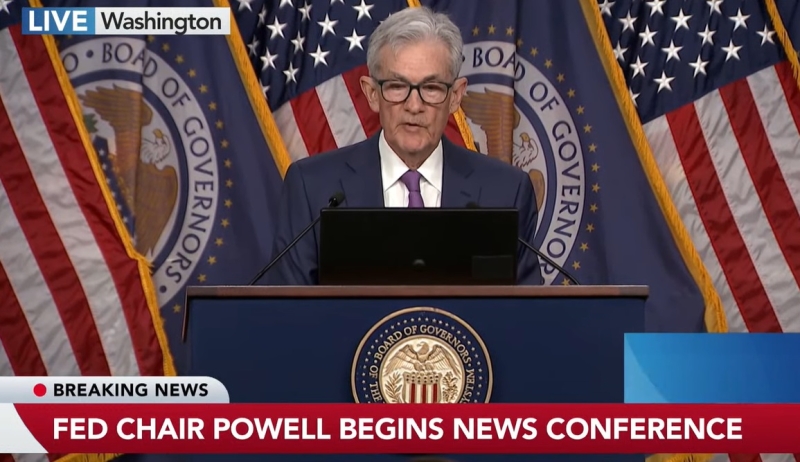
There was a notable decrease in the jumbo category.
- The continuing trend of reduced credit availability warrants close attention by lenders and borrowers.
Mortgage credit availability decreased in July to its lowest point since 2013, according to the Mortgage Banker Association's Mortgage Credit Availability Index (MCAI).
The MCAI fell by 0.3% to 96.3 in July, highlighting a trend towards tightening lending standards. An MCAI decline indicates stricter credit conditions, whereas increases suggest loosened standards. The index, benchmarked to 100 in March 2012, represents the relative credit risk and availability through various component indices.
Conventional MCAI: Decreased by 0.5%, reflecting non-government loan programs.
Government MCAI: Fell by 0.1%, encompassing FHA/VA/USDA loan programs.
Jumbo MCAI: Dropped by 0.8%, reflecting conventional programs outside conforming loan limits.
Conforming MCAI: Rose by 0.2%, highlighting conventional loan programs under conforming limits.
MBA Deputy Chief Economist Joel Kan pointed out that the decline was a result of lenders pulling back on underutilized loan programs and the lingering liquidity concerns for some jumbo lenders. The 30-year fixed mortgage rate averaged 6.94% in July, more than a percentage point higher than in July 2022, significantly discouraging cash-out refinance activity.
The conforming and jumbo indices share the same base levels as the Total MCAI, with the conventional and government indices having adjusted base levels. The Total MCAI also includes an expanded historical series that offers a perspective on credit availability from 2004 to 2010, providing insights into the housing crisis and ensuing recession.
The decrease in mortgage credit availability suggests a cautious approach by lenders, possibly due to economic uncertainties or shifts in market dynamics. This may affect potential homebuyers, especially those seeking larger, non-conforming loans.
The continuing trend of reduced credit availability warrants close attention from regulators, lenders, and borrowers alike. With its detailed breakdown and historical context, the MCAI serves as a tool for understanding the evolving mortgage landscape and may guide future policy and lending decisions in the housing market.




